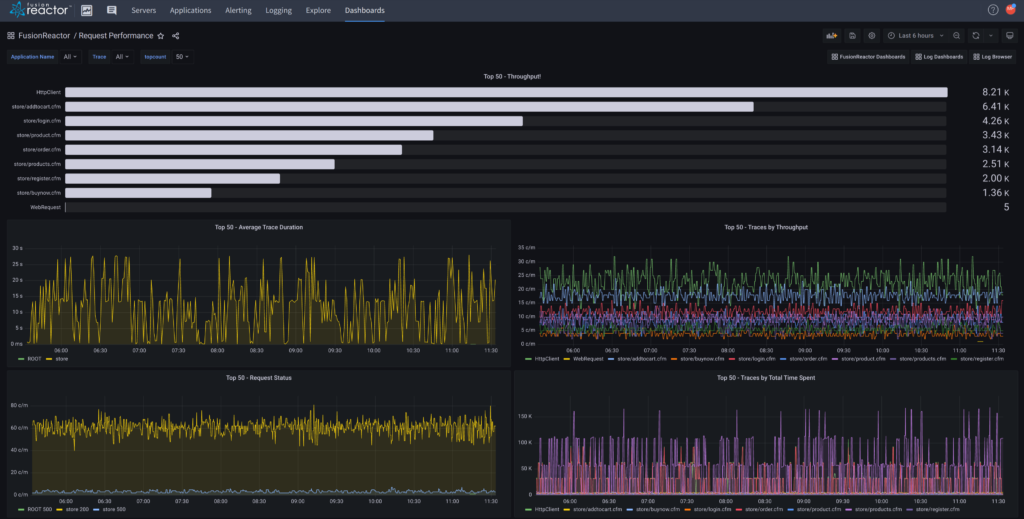The 5 Biggest Performance Issues in JavaScript and How to Fix Them
JavaScript is a powerful language, but it can also be slow. If you’re not careful, your JavaScript code can slow down your website or web application.
There are several performance issues that can affect JavaScript code. In this blog post, we’ll discuss the 5 biggest performance issues in JavaScript and how to fix them.
By avoiding these performance issues, you can improve the performance of your JavaScript applications and provide a better user experience.
Let’s get started!
The 5 biggest performance issues in JavaScript are:
Too many interactions with the host
Every interaction with the host object, or the user’s browser, increases unpredictability and contributes to performance lag.
// This code makes too many interactions with the host object, which can lead to performance problems.
var host = window.host;
for (var i = 0; i < 1000000; i++) { host.doSomething();
}
Too many dependencies
The more dependencies your code has, the more time it takes to load and execute.
// This code has too many dependencies, which can slow down the loading and execution of your application.
var myApp = require('my-app');
var myUtils = require('my-utils');
var myData = require('my-data');
// ...
Poor event handling
If your code is not handling events efficiently, it can lead to performance problems.
// This code does not handle events efficiently, which can lead to performance problems.
document.getElementById('myButton').addEventListener('click', function() {
// This code is executed every time the button is clicked.
// It could be made more efficient by caching the results of the expensive function call. var result = expensiveFunction();
// ... });
Inefficient iterations
If your code is iterating over large datasets inefficiently, it can lead to performance problems.
// This code iterates over a large dataset inefficiently, which can lead to performance problems.
var data = [1, 2, 3, 4, 5, 6, 7, 8, 9, 10];
// This code iterates over the array 10 times, which is inefficient.
for (var i = 0; i < 10; i++) {
for (var j = 0; j < data.length; j++) {
// ... } }
// This code could be made more efficient by iterating over the array once and using a for loop to iterate over the elements. for (var i = 0; i < data.length; i++) {
// ...
}
Unorganized code
Unorganized code can be difficult to read and understand, leading to performance problems.
// This code is disorganized, which can make it difficult to read and understand, which can lead to performance problems.
var myApp = { init: function() {
// This code is not well-organized and can be difficult to read and understand.
var host = window.host;
host.doSomething();
},
doSomething: function() {
// This code is not well-organized and can be difficult to read and understand.
var myUtils = require('my-utils');
var myData = require('my-data');
myUtils.doSomething(); myData.doSomething();
}
};
Finding performance issues in Javascript using FusionReactor and OTel
You can find these performance issues using FusionReactor and OTel by collecting metrics from your JavaScript application and then visualizing the data in FusionReactor. OTel provides a wide range of metrics that can be used to track the performance of your JavaScript application, including:
- CPU usage
- Memory usage
- Disk I/O
- Network I/O
- Latency
- Errors
Once you have collected metrics from your JavaScript application, you can use FusionReactor to visualize the data. FusionReactor provides a variety of charts and graphs that can be used to visualize performance data. For example, you can use a line chart to track CPU usage over time or a bar chart to compare CPU usage between different pages in your application.
By collecting metrics from your JavaScript application and then visualizing the data in FusionReactor, you can identify performance issues and take steps to improve the performance of your application.
Additional tips for improving the performance of your JavaScript application:
- Use a minifier to compress your JavaScript code.
- Use a caching mechanism to store frequently used data in memory.
- Use lazy loading to load resources only when they are needed.
- Use a profiler to identify performance bottlenecks.
- Use a debugger to step through your code and identify performance problems.
By following these tips, you can improve the performance of your JavaScript application and provide a better user experience.




